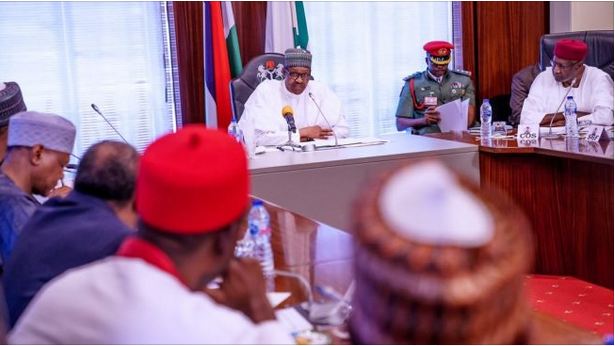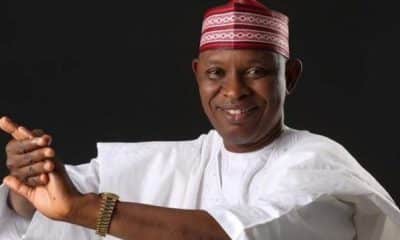Business
Buhari Fumes Over World Bank, IMF Statistics About Nigeria

President Muhammadu Buhari has lamented that the World Bank, the International Monetary Fund (IMF) and other foreign bodies have been publishing inaccurate statistics about Nigeria.
Naija News reports that the President said this on Wednesday, shortly after meeting with the presidential Economic Advisory Council (EAC).
President Buhari urged the EAC to prioritise primary data, noting that statistics from the foreign bodies are not a representation of the facts on the ground.
According to him, “I am pleased to hear you mention the need for us to domesticate our policies to reflect our local realities. We are grateful for the cooperation we are getting from our friends abroad but we must move forward with homegrown solutions. This is the only way to ensure the suitability and sustainability of policies,” he said.
“Suitability is essential for effective implementation while Sustainability is critical as any decision made today will impact future generations.
“As you develop your baseline study, I would like you to focus on primary data collection. Today, most of the statistics quoted about Nigeria are developed abroad by the World Bank, IMF and other foreign bodies. Some of the statistics we get relating to Nigeria are wild estimates and bear little relation to the facts on the ground.
“This is disturbing as it implies, we are not fully aware of what is happening in our own country.
“We can only plan realistically when we have reliable data. As you are aware, as a government, we prioritised agriculture as a critical sector to create jobs and bring prosperity to our rural communities,” the President said.
Meanwhile, Naija News understands that the World Bank, IMF, and other international agencies had continued to provide statistics about Nigeria.
The World Bank said in April, that Nigeria’s economy has performed below par since 1995, an analysis that didn’t go down well with the All Progressives Congress (APC) government.












